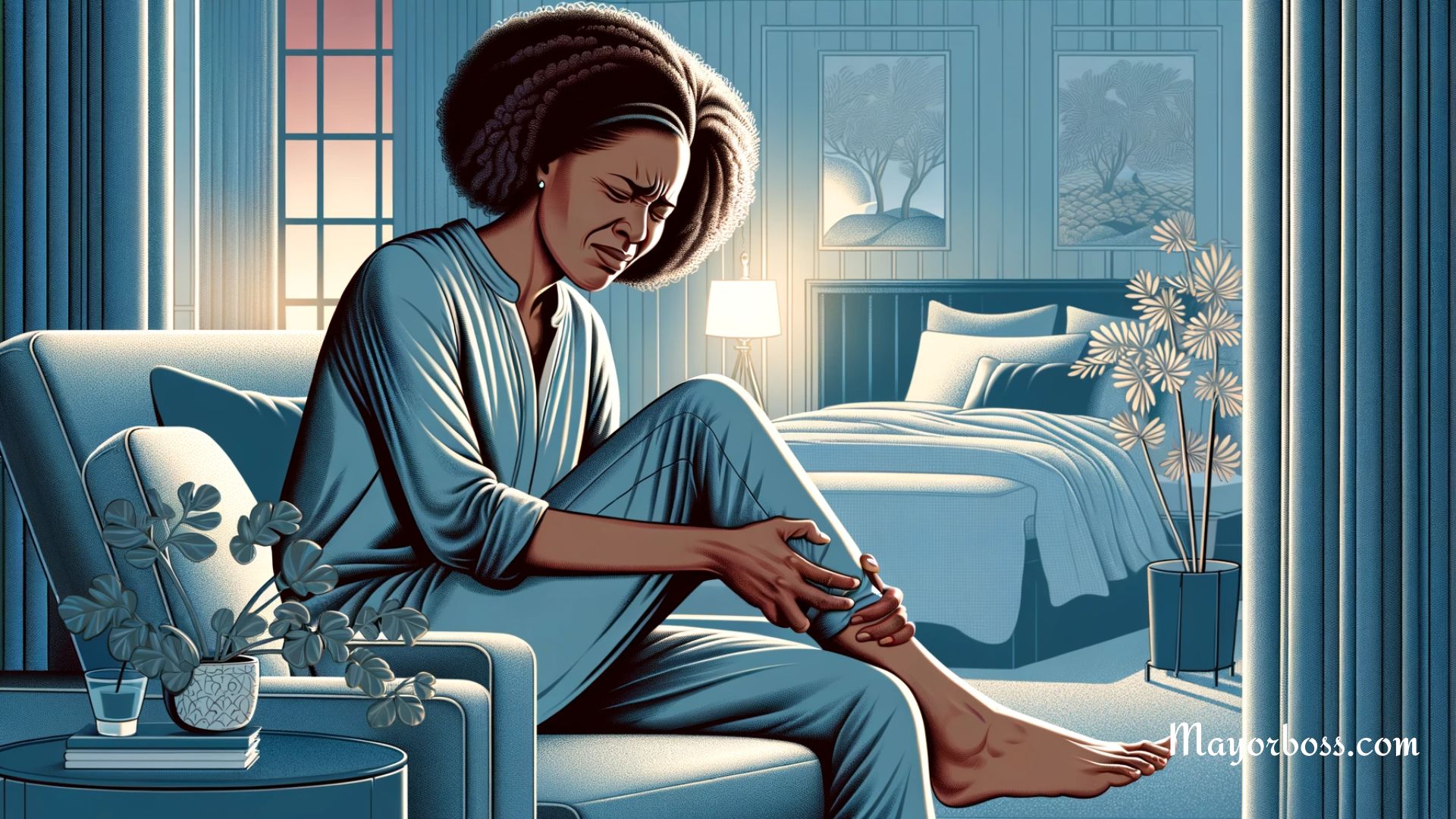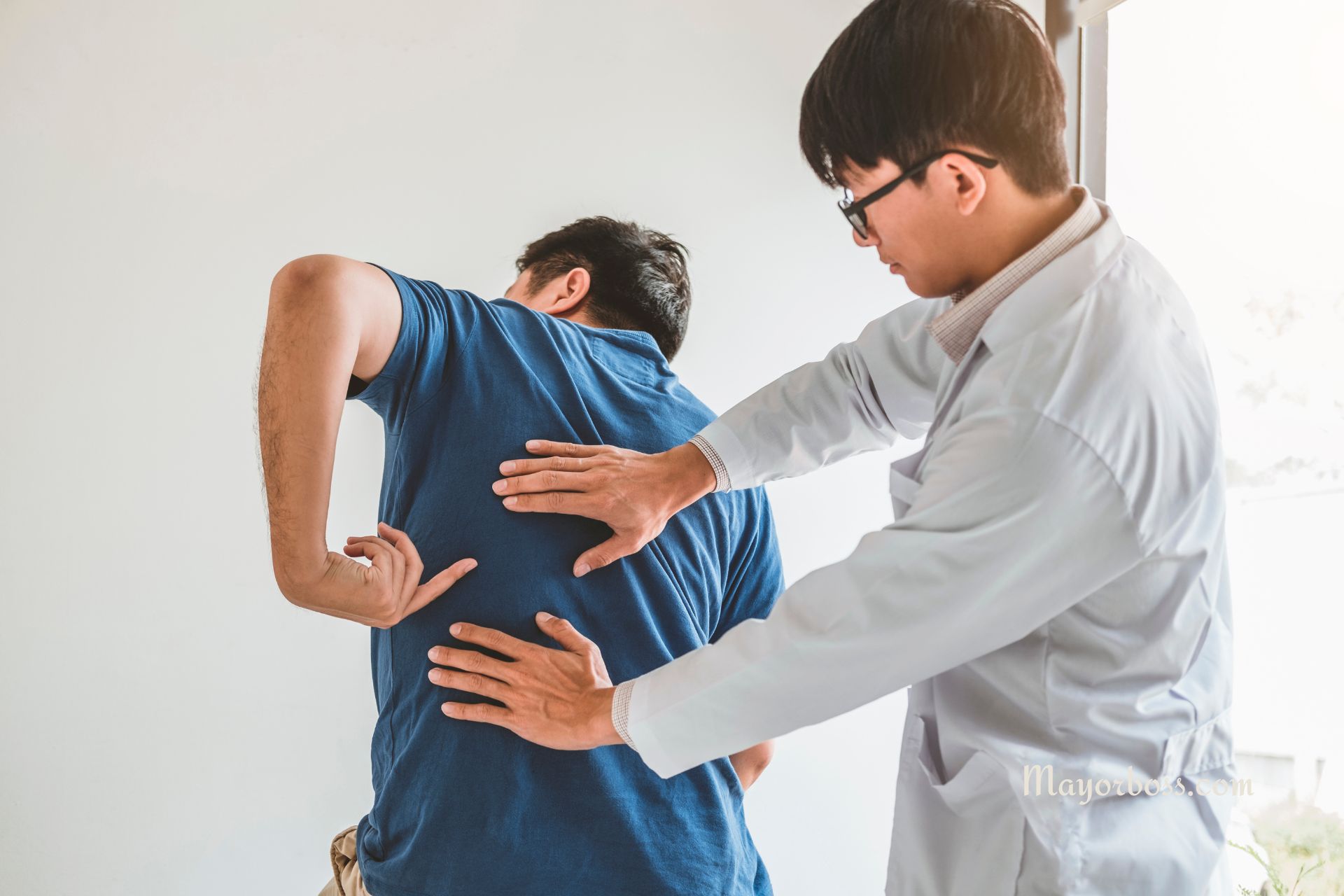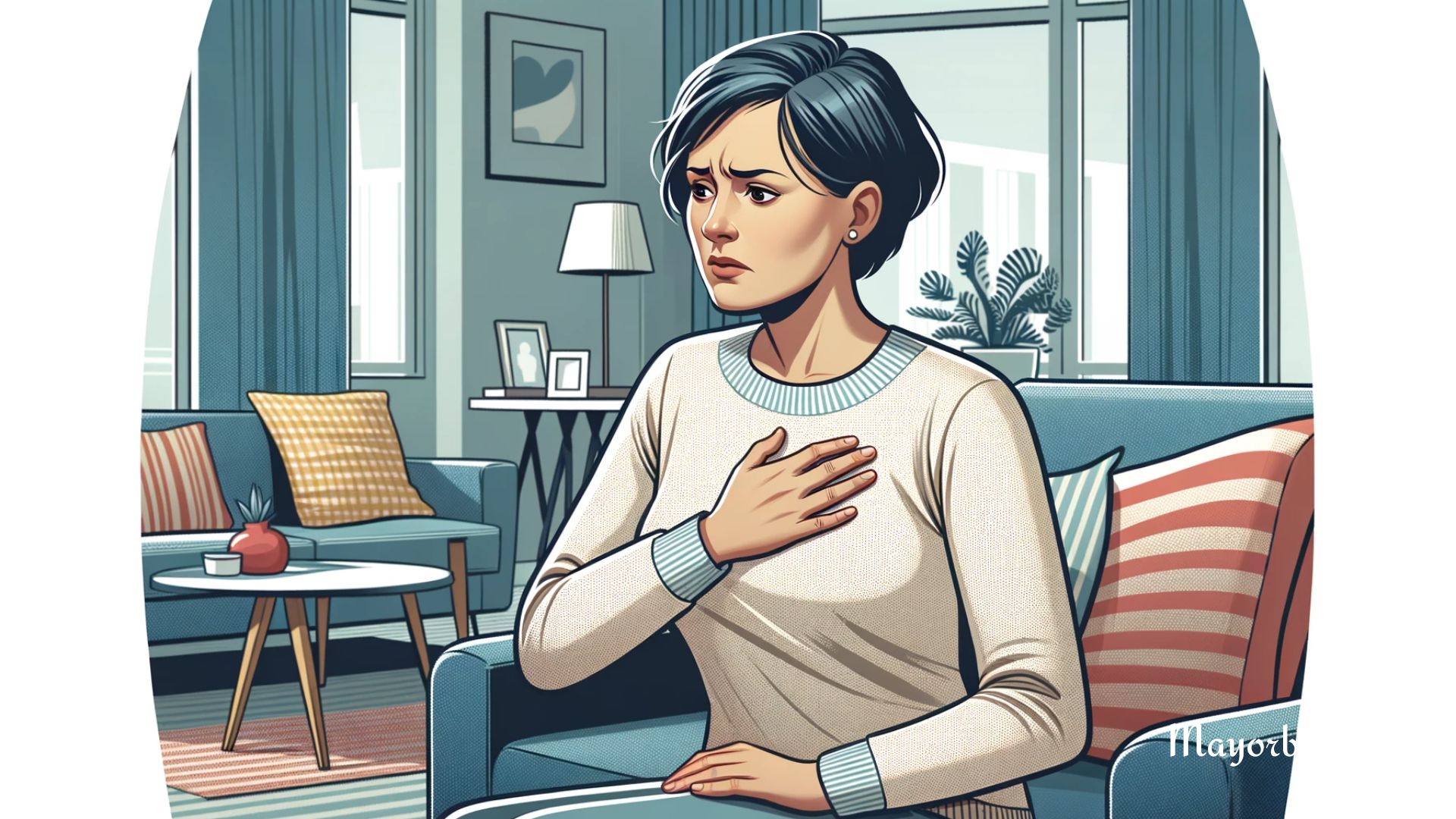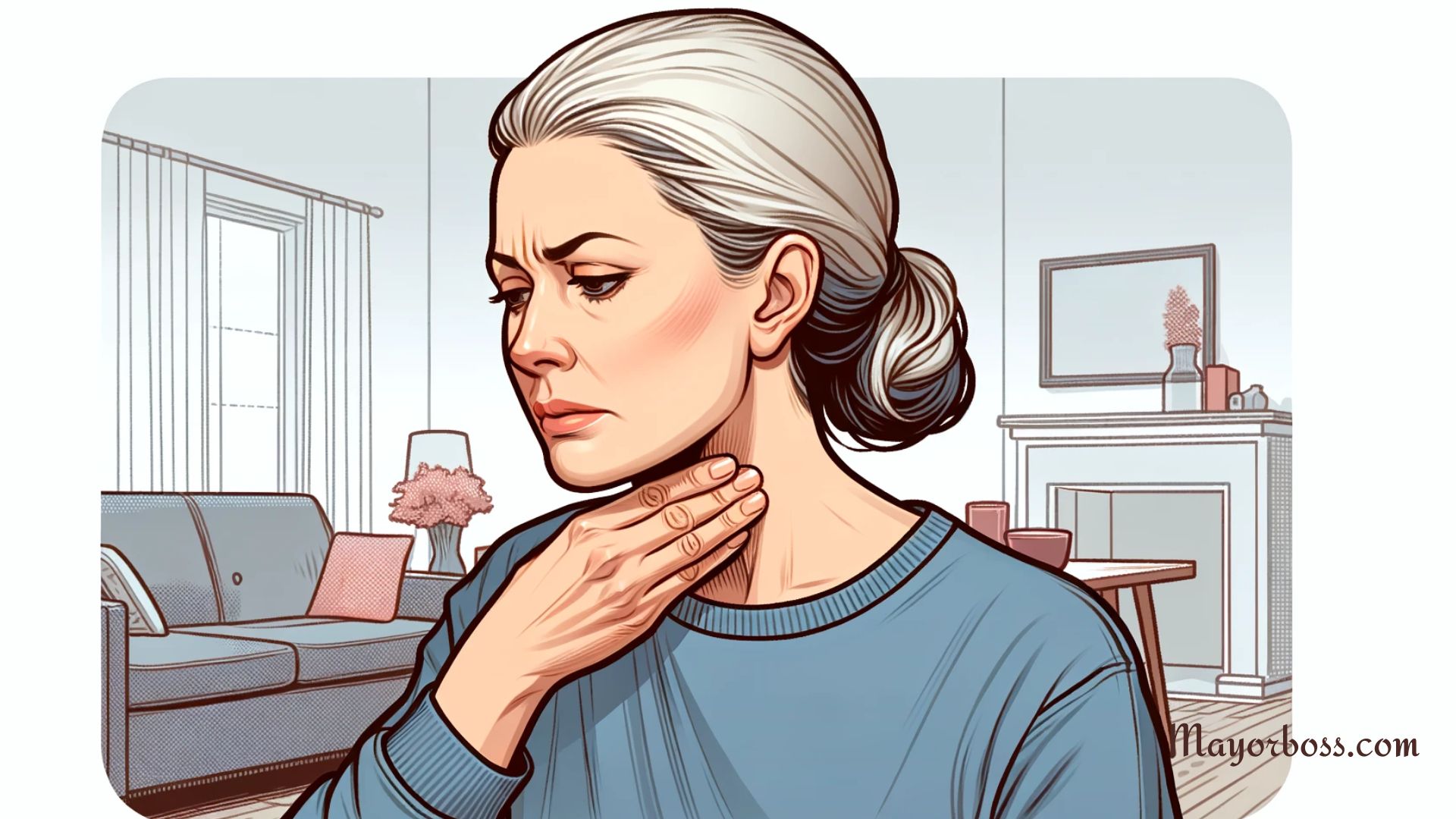How To Get Rid of Nighttime Leg Cramps
Nighttime leg cramps can be quite a burden, often waking you up with a sudden, sharp pain. Fortunately, you can take several steps to prevent and treat them effectively.

Understanding Nighttime Leg Cramps
Firstly, it’s crucial to know what nighttime leg cramps are. These cramps typically occur in the calf muscles but can also affect your thighs or feet. They usually happen suddenly and can last from a few seconds to several minutes.
Common Causes
Several factors can contribute to nighttime leg cramps, including:
- Muscle overuse
- Sitting for long periods
- Standing on hard surfaces for extended times
- Improper sleeping positions
In some cases, underlying medical conditions like dehydration, mineral deficiencies, or nerve compression can also play a role.
Prevention
Stay Hydrated
Drinking enough water throughout the day is essential. Dehydration can increase the likelihood of cramps.
Maintain a Balanced Diet
Eating a diet rich in potassium, calcium, and magnesium can help. These minerals are vital for muscle health and function. Foods like bananas, yogurt, and leafy greens are great sources.
Regular Exercise
Engaging in regular, moderate exercise, especially stretching and strength training, can help prevent cramps. This keeps your muscles flexible and strong.
Proper Sleep Positioning
Try to keep your sheets and blankets loose around your feet to prevent your toes and feet from pointing downward while you sleep. This position can provoke cramps.
Immediate Relief Techniques
Stretch and Massage
When a cramp strikes, gently stretch and massage the cramping muscle. For calf cramps, try pulling your toes upward toward your knee.
Apply Heat
Using a warm towel or heating pad on the cramped muscle can also provide relief. Heat improves blood flow, which can ease the cramp.
Walk Around
Sometimes, simply walking on the affected leg can help. It stimulates blood flow and can ease the cramp.
Elevation
Elevating your legs can sometimes help ease the pain from a cramp. This position can improve circulation and reduce swelling, offering some relief.
Over-the-Counter Medications
For some people, over-the-counter pain relievers like ibuprofen or acetaminophen may help alleviate the discomfort. However, it’s best to use these sparingly and only as needed.
Warm Bath Before Bed
Taking a warm bath before going to bed can relax your muscles and reduce the risk of cramps during the night. The warmth helps to soothe and relax muscle tissue, making cramps less likely.
Cold Compress
In contrast to heat, a cold compress might also be effective. Applying a cold pack to the cramped muscle for a short period can reduce pain and inflammation.
Magnesium Supplements
If your diet lacks magnesium, consider magnesium supplements. They can be particularly helpful, especially if you frequently experience leg cramps.
Footwear
Believe it or not, the shoes you wear during the day can impact nighttime leg cramps. Ensure you’re wearing supportive, comfortable footwear, especially if you spend a lot of time on your feet.
Vitamin E
Some studies suggest that Vitamin E can help in reducing cramp frequency, especially in pregnant women. This might be related to its effect on blood circulation.
Stay Active During the Day
In addition to regular exercise, try to avoid sitting or standing in the same position for too long during the day. Regular movement can help prevent muscle tightness and cramps.
Long-Term Management Plans
Regular Stretching Routine
Developing a regular stretching routine, particularly for your leg muscles, can be beneficial. Stretching before bed might be especially effective in preventing nighttime cramps.
Yoga or Pilates
Practices like yoga or Pilates can improve your flexibility and strengthen muscles, which may help in reducing the frequency of cramps.
Check Your Medications
Sometimes, certain medications can contribute to muscle cramps. Review your medications with your doctor to see if this might be a factor.
When to Seek Medical Help
If you frequently experience severe cramps, it’s wise to consult a healthcare professional. Persistent cramps might be a sign of an underlying condition that needs medical attention.
In conclusion, while nighttime leg cramps can be painful and disruptive, adopting preventive measures and knowing how to respond when they occur can significantly reduce their frequency and severity. Always stay hydrated, maintain a balanced diet, engage in regular exercise, and practice proper sleep positioning to keep those cramps at bay!






